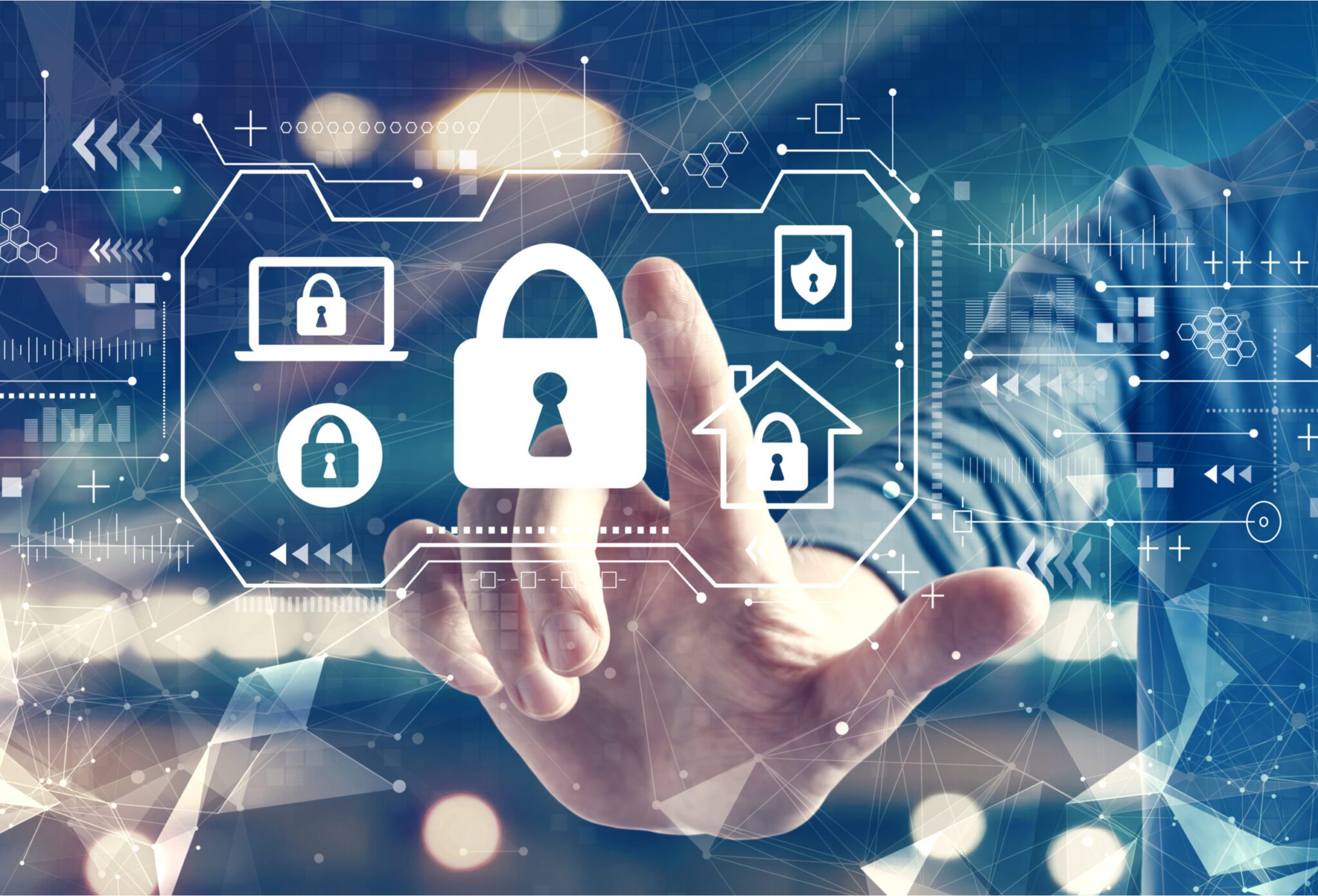
Why Prioritise Your Online Security?
With just about anything and everything getting done online, it’s not a wonder that people are spending more time on the internet.
For some, it may just a few minutes or an hour each day, but for some, the internet has become a vital tool for many such as virtual assistants or remote work-from-home business and responsibilities.
However, staying online for longer periods of time can often leave one susceptible to online fraud.
Going online is no longer a complicated and cumbersome process. All it takes is a simple wifi connection and a smartphone or tablet device to let you surf the internet.
People now have more convenient means to shop online for groceries or clothes without stepping out of their doors. In fact, there are mind-blowing numbers to back it up.
Online research data group Statista projects that ecommerce sales are bound to see an increase of up to 246.15% worldwide from $1.3 trillion in 2019 to $4.5 trillion in 2021. The data is based on overall online sales through all available e-commerce platforms and cash transfers related to online sales.
A recent report revealed that no less than 85% of the global population owns a mobile device and most of which are capable of online access. Another study showed that on average a person shopping online spends one hour each time before making a decision to purchase.
Risks of online exposure
The Identity Theft Resource Center (ITRC) reported that in 2020, there were thousands of high-profile data breaches that compromised millions of confidential and private records. The number represented an increase in breach incidents by 44% and a 389% increase in the unwanted exposure of personal and confidential records.
The figures included millions of Social Security numbers and millions of credit card numbers exposed in a single year, all because hackers gained access to online database networks.
How to stay safe virtually and avoid online fraud
Never reveal your financial or personal information via email or chat session. Always pay attention to requests for your information online as it can be intercepted or copied from right under your nose.
Always be on top of your information technology solutions, regardless if it’s for your company or personal service. Make sure to constantly update your security platforms with the latest protection available.
When shopping online, make sure to use only safe payment channels when paying for purchases. Credit card transactions are often safe means to make payments for online purchases because payment transactions can be tracked. Better yet, you can opt for cash-on-delivery methods so that you only get to pay for the item upon delivery and not prior.
Avoid business or payment transactions using public wifi hotspots. You never know if a hacker is lurking in your connected public domain to steal data.
Update passwords for your accounts regularly. Make sure you create unique passwords that are difficult to trace. Avoid using details that could be linked to you.